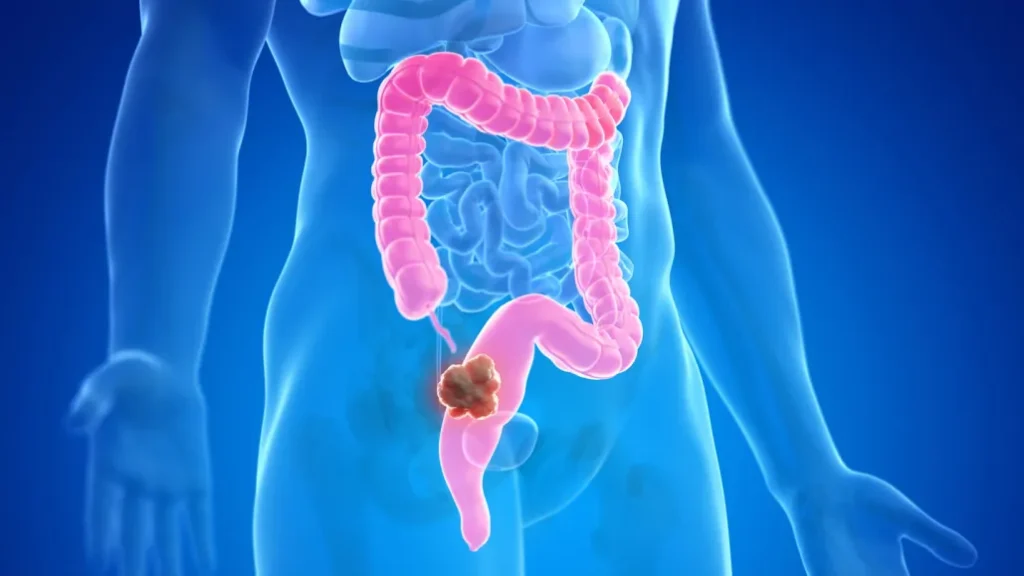We all know that colorectal cancer can be extremely dangerous when it occurs. Therefore, it is crucial to pay attention to any potential issues in our digestive system, especially during bowel movements. Abnormalities during bowel movements can be indicative of colorectal health concerns, prompting the need for timely observation.
To determine the possibility of colorectal cancer, consider the following abnormal signals during bowel movements:
- Presence of Fresh Blood in Stool: The presence of fresh blood in stool is a red flag that warrants a high level of vigilance for possible colorectal cancer. Hemorrhoids typically cause bleeding after bowel movements, resulting in blood drops. In contrast, colorectal cancer-induced bleeding involves fresh blood mixed with the stool.
- Sudden Narrowing of Stools: A sudden change in stool thickness should also raise concerns about the potential occurrence of colorectal cancer. As tumors in the colon grow larger, they can cause narrowing of the intestinal cavity, leading to increased pressure on stool, resulting in irregularly shaped bowel movements.
- Changes in Bowel Habits: An abrupt increase or decrease in the frequency of bowel movements is another cause for concern regarding the potential development of colorectal cancer.
- Irregular Bowel Movement Timing: If the timing of bowel movements becomes irregular without an apparent cause, it may also indicate the potential occurrence of colorectal cancer.
Determining the presence of colorectal cancer can be as straightforward as observing the characteristics of stool. Stool serves as a vital indicator of intestinal health. The onset of colorectal cancer is closely linked to long-term high-fat diets. Therefore, individuals with poor dietary habits, those who seldom consume leafy vegetables or fruits, should promptly undergo colonoscopy examinations to detect colorectal cancer in its early stages.
However, despite the importance of colonoscopy, many individuals may harbor internal resistance to the procedure. Yet, other examination methods fall short of providing a direct observation for colorectal cancer. Although routine stool examinations can be helpful in detecting colorectal cancer, the most direct and accurate method for diagnosis remains colonoscopy.
While experiencing irregularities in bowel movements is common, symptoms such as bleeding or dry stools can be alarming indicators of significant intestinal issues. Hence, it is essential to undergo regular examinations and adopt a primarily bland diet to prevent complications arising from frequent consumption of spicy and irritating foods, which may contribute to gastrointestinal problems.
